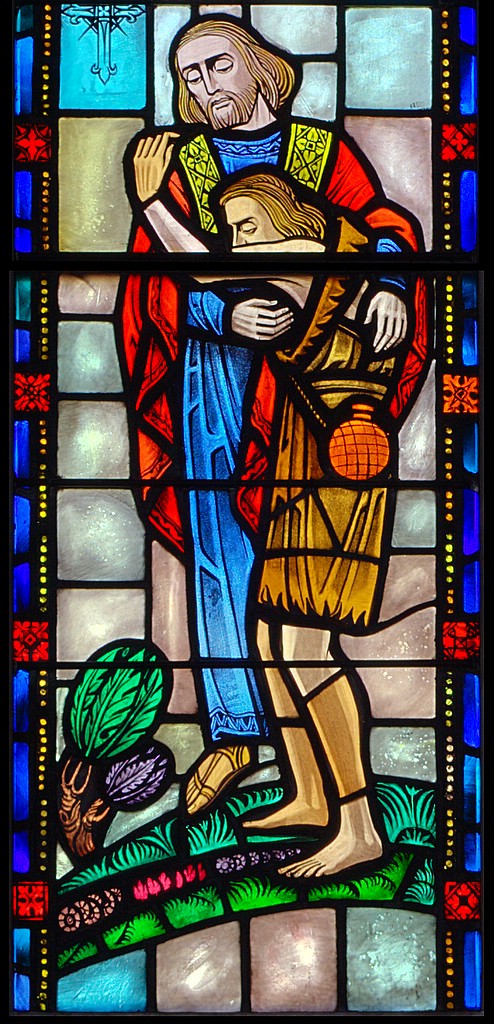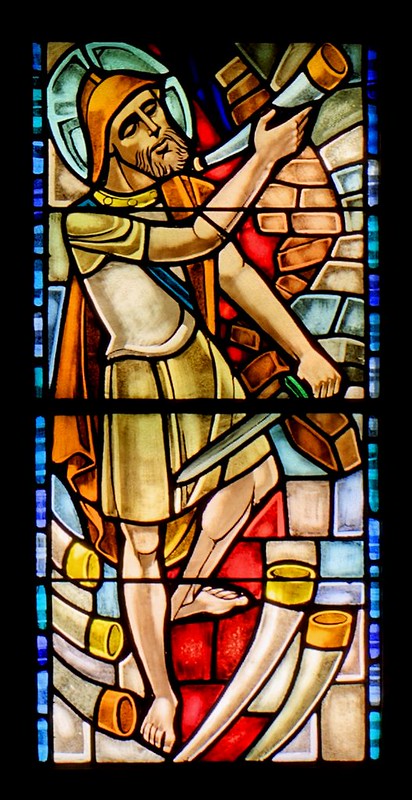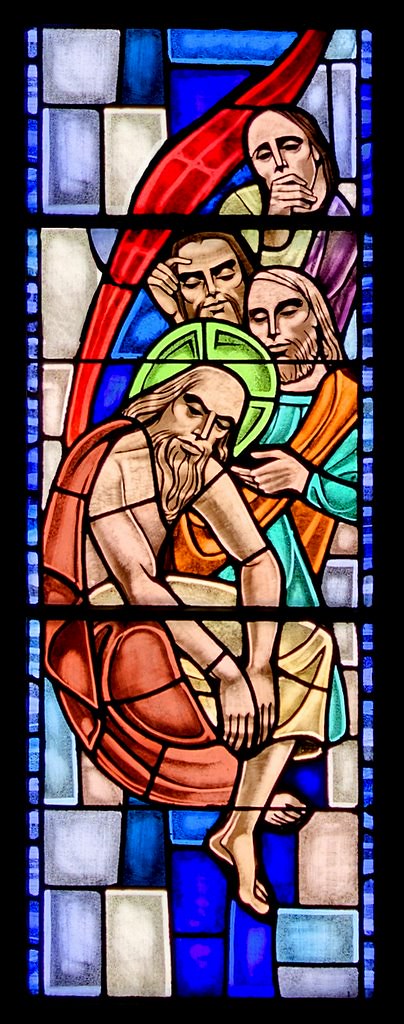by
Pastor Paul Wolff
 |
| God is the loving Father who welcomes back the prodigal son. |
A better question to start
with is, “Who ought to be condemned by God?” The
answer to this question is everyone who disobeys God’s Law. God’s
Law is good and truly righteous, as He is truly good and righteous.
We all are sinners, and deserve God’s punishment. There is no one
who can rightfully claim the moral high ground over God and honestly
make the case that they are more righteous than He is. We all deserve
to be condemned. If we start with this question, and properly answer
it, then we can easily see that God is not to blame for anyone’s
condemnation. We are all rebellious sinners, and we all deserve to be
destroyed for our sin.
 |
| Jesus honored Zacchaeus though he was despised by everyone. Read Luke 19:1-10 |
Where does faith come
into this? God accomplished our salvation by working in
history with the Israelites, through whom God entered our world and
won salvation in the person of Jesus, the promised Son of David. The
Israelites kept a record of how God worked in history to bring about
our salvation, so that everyone could hear about it and believe.
God’s Word is the truth, and God doesn’t ask us to believe a myth
or a fable (as some wrongly claim), but He presents us with the truth
and asks us to believe the truth. Salvation couldn’t be any easier,
because God did it all for us, and only asks us to believe in what He
has already done. No person on earth should ever be condemned to hell
because Jesus paid for their sins and gives them eternal salvation as
a free gift. (see Romans 5:15-17 and 6:23)
Where does hell come
into this? Jesus teaches that hell was never intended for
people because ever since the very day that Adam and Eve rebelled
against God and brought sin to all people, God promised a savior who
would make everything right. In Matthew 25:41, in the Parable of the
Sheep and the Goats, Jesus describes hell as “the eternal fire
prepared for the devil and his angels.” There was never any
redemption possible for the fallen angels, but there was always
redemption for fallen people through faith in God’s promise of
salvation (fulfilled in Jesus Christ). There never was any reason for
any person to be condemned to hell.
Then why are some people
condemned to hell? The only reason why some people are
condemned to hell is that they reject Christ’s salvation. Jesus
teaches in John 3:17-18, “God did not send his Son into the world
to condemn the world, but in order that the world might be saved
through him. Whoever believes in him is not condemned, but whoever
does not believe is condemned already, because he has not believed in
the name of the only Son of God.” A person who does not believe
God’s Word is essentially calling God a liar, and making themselves
their own god. The unbeliever condemns himself because he rejects
everything that God has done to save him. Romans 8:33-34 says, “Who
will bring any charge against those whom God has chosen? It is God
who justifies. Who is he that condemns? Christ Jesus, who died –
more than that, who was raised to life – is at the right hand of
God and is also interceding for us.” God is all about saving us,
not about condemning us. Jesus took the condemnation for our sins so
that we would not have to.
 |
| Why would God die on a cross for me as a man? He did it because He loves you. |







